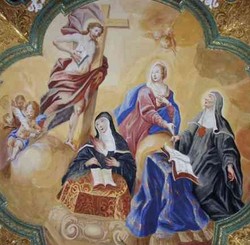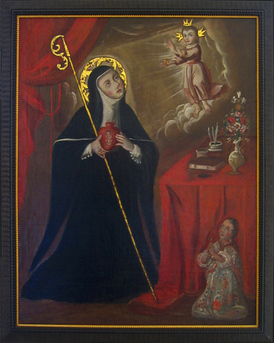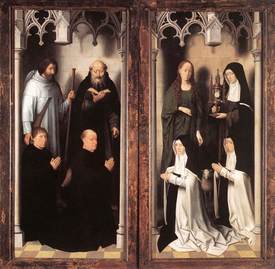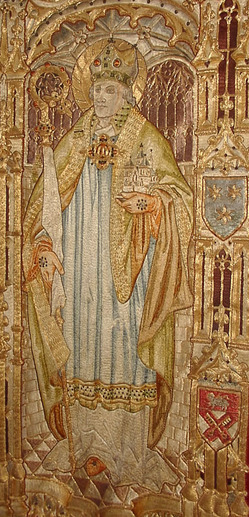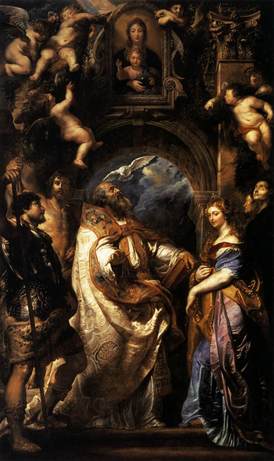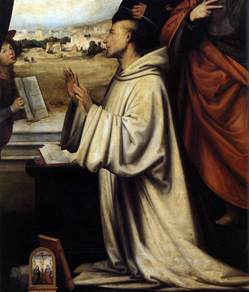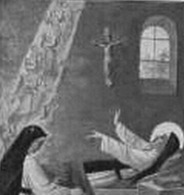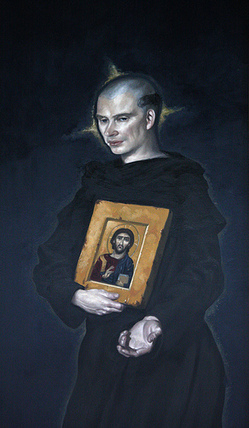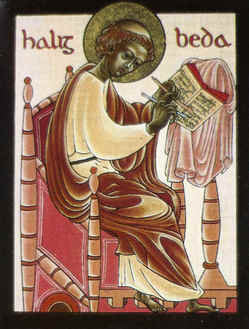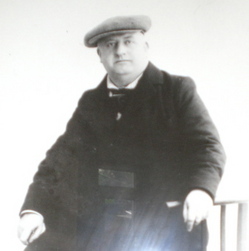
God, our Father, you called your servant, Columba, to the
monastic life. You bestowed on him the grace to understand the mysteries of
your Son and to make him known as the ideal for all who have been baptized.
Grant that we may learn from his example to live in Christ by opening our
hearts in joy to the Spirit of your Son, our Lord, who lives and reigns with
you and the Holy Spirit, One God, for ever and ever. Amen.
The Church observes
the feast of Blessed Columba Marmion today. He was an Irishman who became a monk in Belgium,
a diocesan priest who fell in love with the Benedictine way life, its emphasis on seeking God and who served as abbot. Dom Columba died on January
30, 1923. Marmion’s liturgical memorial, however, is observed not on his anniversary
of death but on the anniversary of receiving the abbatial blessing, October 3,
1909. At that time the first Sunday of October was the Solemnity of the Most Holy Rosary
of the Blessed Virgin Mary; in this era the feast of Our Lady of the Rosary is
observed on October 7th.
Two pieces to reflect up on…
The
whole of the Christian life consists in carrying Christ to birth within us and
in having Him live there’. This, of course is nothing more than a paraphrase of St. Paul’s
injunction in Gal. 4:19: ‘until Christ is formed in you’. For Marmion this is not just our
final goal, it is our daily, essential task: to form Christ within us, through the Graces of the
sacraments and our daily encounter with God in prayer. (Mark Tierney O.S.B,
“The Life and Times of Columba Marmion”)
And
… Revelation teaches us that there is
an ineffable paternity in God. God is a Father: that is the fundamental dogma
which all the others suppose, a magnificent dogma which leaves the reason
confounded, but ravishes faith with delight and transports holy souls. God is a
Father. Eternally, long before the created light rose upon the world, God
begets a Son to whom He communicates His nature, His perfections, His beatitude
His life, to beget is to communicate [By the gift of a similar nature ] being
and life. You are My Son this day have I begotten You [Ps 2:7; Heb 1:5; 5:5],
from the womb before the day – star, I begot you [Ps 110:3]. In God, then, is
life, life communicated by the Father … Creatures can only lisp when they
speak of such mysteries… the Father, and the Son, with one same and indivisible
Divine Nature, and both, although distinct from one another [on account of
their personal properties, ‘of being Father’ and ‘of being Son’] are united in
a powerful, substantial embrace of love, whence proceeds that Third Person, Whom
Revelation calls by a mysterious name: the Holy Ghost.
Such is as far as faith
can know it, the secret of the inmost life of God; the fullness and the
fruitfulness of this life are the source of the incommensurable bliss that the
ineffable Society of the three Divine Persons possesses.
And now God – not in
order to add to His plenitude, but by it to enrich other beings – exceeds, as
it were, His Paternity. God decrees to call creatures to share this Divine
life, so transcendent that God alone has the right to live it, this eternal
life communicated by the Father to the Only Son, and by them, to the Holy
Spirit … To these mere creatures God will give the condition and sweet name
of children. By nature, God has only one Son; by love, He wills to have an innumerable
multitude: that is the grace of supernatural Adoption. (Dom Columba Marmion,
OSB, Spiritual Writings. Ed. P.
Lethiellex. Maredesous Abbey, 1998.)
A very brief note on the canonization
process of Dom Columba can be read here.
